One wrong move could leave you with fines, jail time, or worse—here’s what travelers need to know.

Traveling to a new country should be all about adventure, discovery, and unforgettable experiences. But sometimes, unfamiliar laws can turn a dream trip into a nightmare. From seemingly harmless fashion choices to innocent gestures that are illegal in certain countries, breaking local laws—even by accident—can lead to hefty fines, unexpected detentions, or worse.
What’s perfectly normal at home might land you in serious trouble abroad. Some of these rules are rooted in cultural customs, while others are strict legal codes that catch travelers off guard. Before your next trip, brush up on these 13 outrageous travel laws—you’ll be glad you did when avoiding an accidental disaster.
1. Chewing gum could cost you big in Singapore.
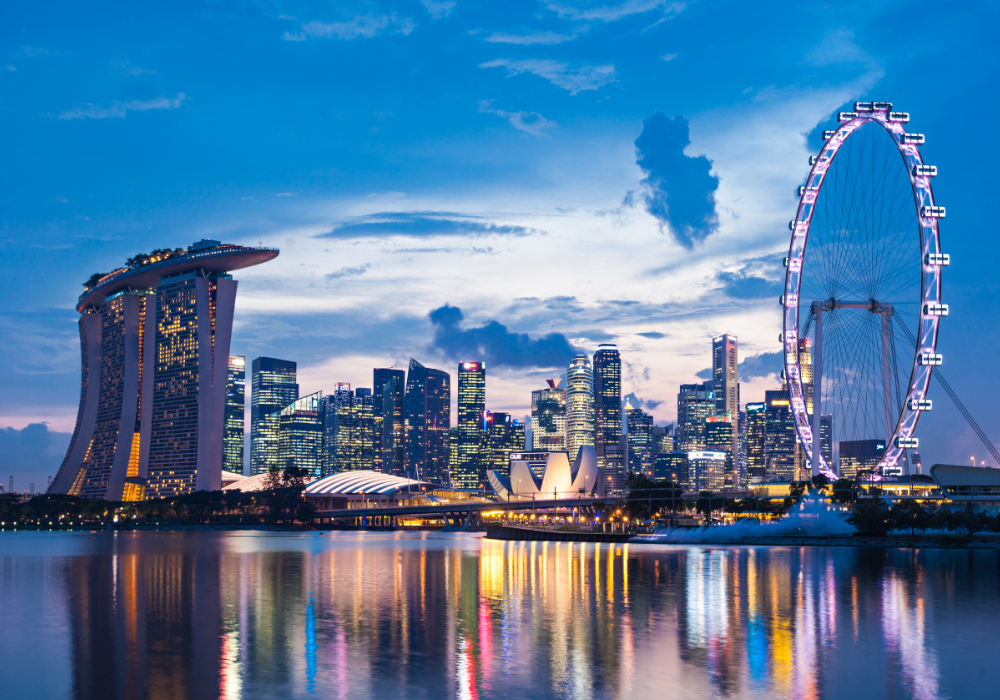
In Singapore, chewing gum isn’t just frowned upon—it’s illegal to buy or sell without a prescription, based on the findings of BBC. The law, introduced in 1992, aims to keep public spaces clean and free from sticky messes.
If you’re caught spitting gum on the street or bringing it into the country without permission, you could face hefty fines or even community service. While Singapore’s cleanliness is world-renowned, this strict regulation often surprises first-time visitors.
2. High heels are banned at historic sites in Greece.

Planning to channel your inner Greek goddess with sky-high heels? Think again. In Greece, wearing high heels at ancient sites like the Acropolis is strictly prohibited. The government introduced this law to protect fragile historic structures from damage caused by sharp footwear.
Breaking this rule could result in a fine, so pack comfortable shoes instead. You’ll avoid trouble—and thank yourself later when navigating uneven stone pathways.
3. Feeding pigeons in Venice could empty your wallet.

It might seem like a classic tourist photo-op, but feeding pigeons in Venice’s St. Mark’s Square is illegal, according to Reuters. Authorities banned the practice in 2008 to protect historical monuments and reduce the city’s pigeon population.
Getting caught could result in a fine of up to €700. Instead of sharing your snack with the birds, snap a photo and let them admire you from afar.
4. Jaywalking in Germany isn’t just frowned upon—it’s a legal offense.

Germans take traffic laws seriously, and jaywalking can earn you more than just disapproving looks from locals. Crossing the street against a red light—even if there’s no traffic—can lead to a fine on the spot.
Beyond the financial penalty, breaking this law could also damage your reputation among locals, who value following the rules. When in Germany, wait for the green pedestrian light—it’s the law and the polite thing to do.
5. Forget wearing camouflage in Barbados.
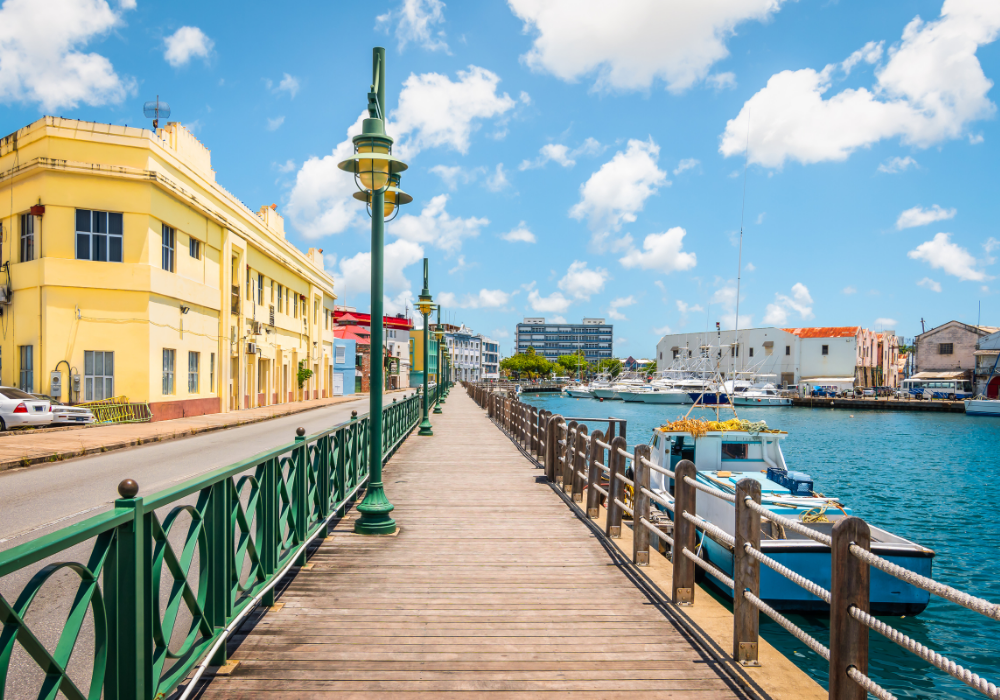
In Barbados, as well as several other Caribbean nations, wearing camouflage clothing is strictly prohibited for civilians. The law exists to prevent confusion with military personnel, and breaking it could result in confiscation or fines.
Even patterned accessories like hats or bags could land you in trouble. To stay on the safe side, leave anything camouflage-patterned at home and opt for more neutral travel attire.
6. Swearing in public can get you arrested in Australia.

Australia may have a laid-back reputation, but public swearing can carry serious consequences in certain states. In places like Victoria and Queensland, using offensive language in public could lead to fines or even jail time for repeat offenders.
While enforcement varies depending on the location and severity of the offense, it’s best to keep your language in check, especially in family-friendly areas or near law enforcement.
7. Don’t bring chewing gum into Thailand without caution.

Thailand doesn’t have a blanket ban on chewing gum, but spitting it out irresponsibly could cost you a fine of up to $600. The country enforces strict public cleanliness laws, particularly in tourist-heavy areas like Bangkok.
If you’re caught littering gum, authorities won’t hesitate to issue a fine—or worse, demand immediate payment. Dispose of gum properly to avoid a sticky situation.
8. Running out of gas on Germany’s Autobahn is illegal.
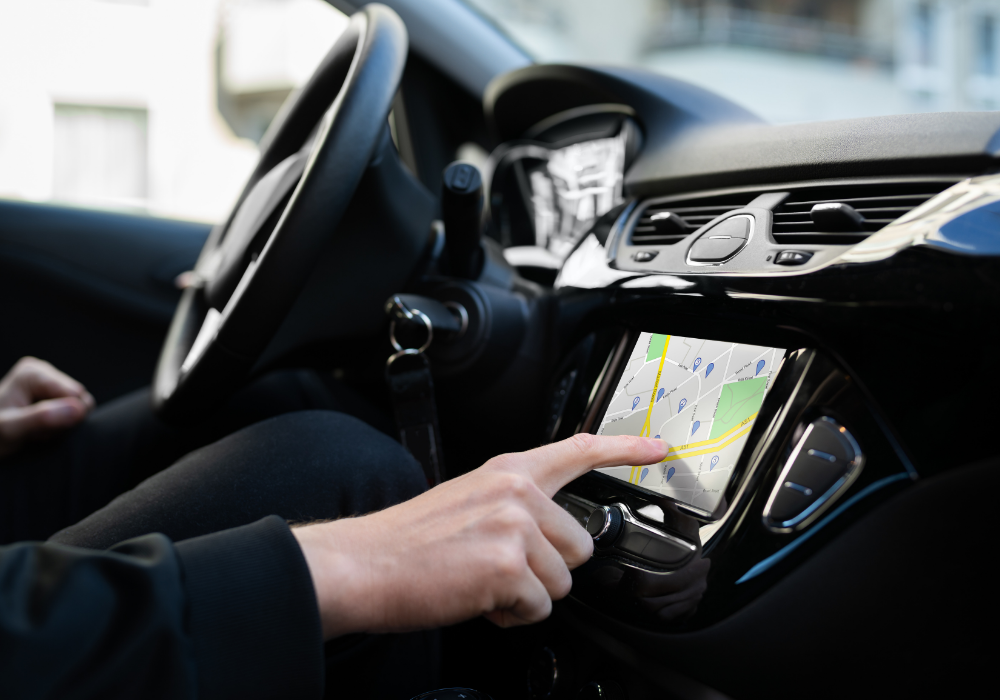
Germany’s famous Autobahn allows for high-speed driving with no speed limit on certain stretches. However, pulling over due to an empty gas tank is illegal, as it’s considered preventable negligence.
Running out of fuel could result in a fine, and walking along the Autobahn to find help is also prohibited for safety reasons. Make sure to fuel up before hitting the road—speed isn’t the only thing to watch for in Germany.
9. Kissing in public could land you in jail in Dubai.

In Dubai, public displays of affection are taken seriously—and what’s considered a minor gesture elsewhere could get you into legal trouble here. Kissing, hugging, or holding hands in public is frowned upon and could result in fines or even jail time.
Tourists have been arrested for seemingly harmless acts, so it’s best to be mindful of local customs. Save the romance for private spaces to avoid unexpected consequences.
10. Using Wi-Fi without permission is a crime in Singapore.

In Singapore, using someone else’s unsecured Wi-Fi network—known as “piggybacking”—is considered hacking under the country’s strict cybercrime laws. Even if the network has no password, accessing it without permission can lead to fines or imprisonment.
To stay on the right side of the law, stick to legal connections through cafés, hotels, or mobile hotspots. A free connection isn’t worth the legal headache.
11. You can’t drive a dirty car in Russia.
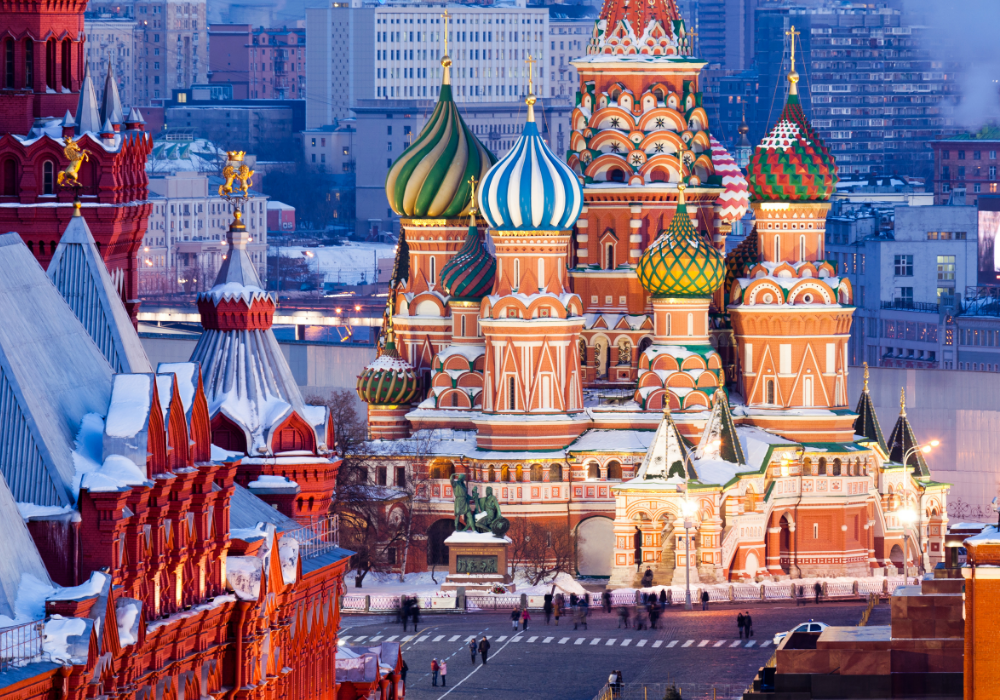
Driving a dirty car in Russia isn’t just unsightly—it’s illegal. Though the definition of “dirty” is subjective, authorities often issue fines if a car’s license plate is obscured by dirt.
The law aims to improve visibility and road safety, but enforcement can vary. If you’re planning a road trip through Russia, make sure your car stays clean to avoid unexpected penalties.
12. No alcohol allowed in certain parts of India.
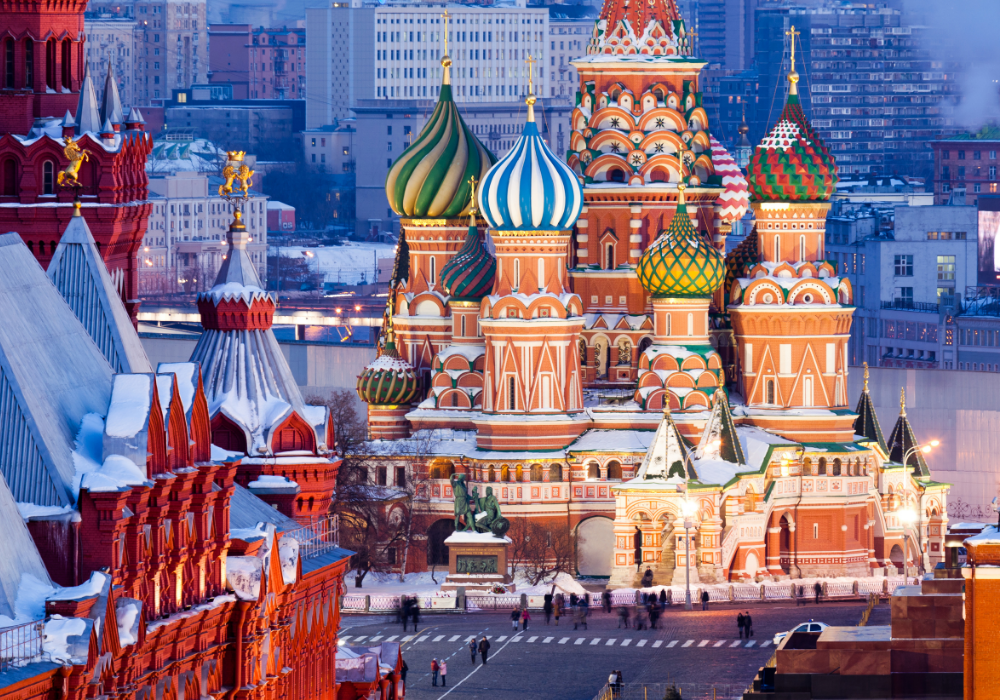
While alcohol is legal in much of India, some states like Gujarat and Bihar have complete prohibition laws. Drinking alcohol in these regions can result in hefty fines or even jail time for both locals and tourists.
If you’re unsure about the laws in a particular area, always double-check before ordering a drink. Ignorance won’t be accepted as an excuse if you’re caught breaking the rules.
13. Flushing the wrong way could get you fined in Switzerland.
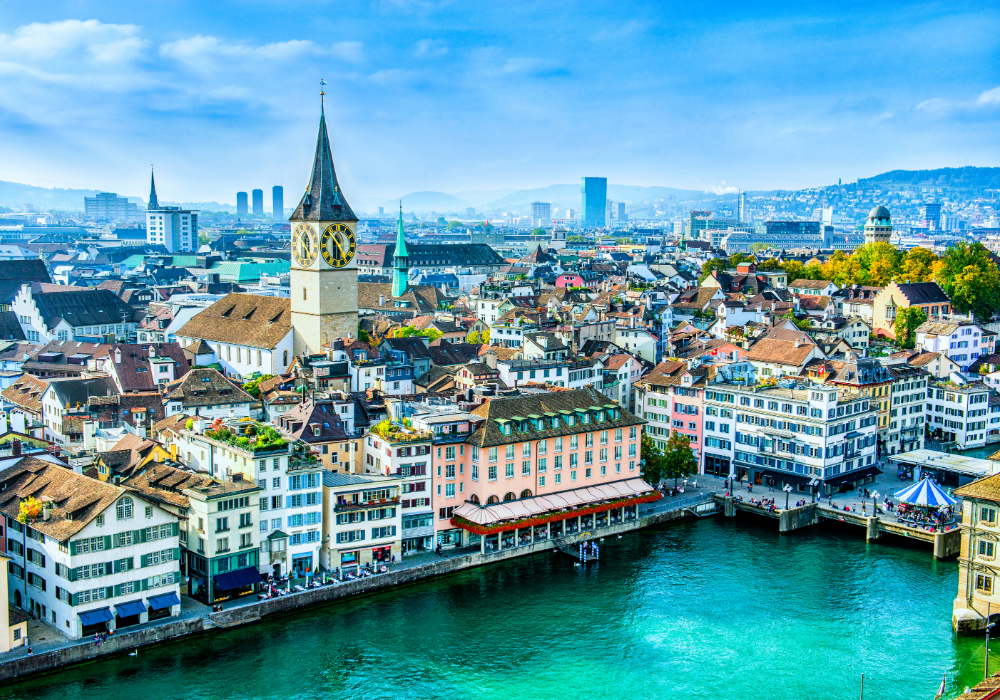
Switzerland has some surprisingly strict noise laws, particularly in residential buildings. In some places, flushing your toilet after 10 p.m. is considered a disturbance and could lead to complaints or fines.
While enforcement depends on your landlord and neighbors, being aware of quiet hours is essential to avoid conflict. It’s one of those quirky local customs that can catch even the most seasoned travelers off guard.
